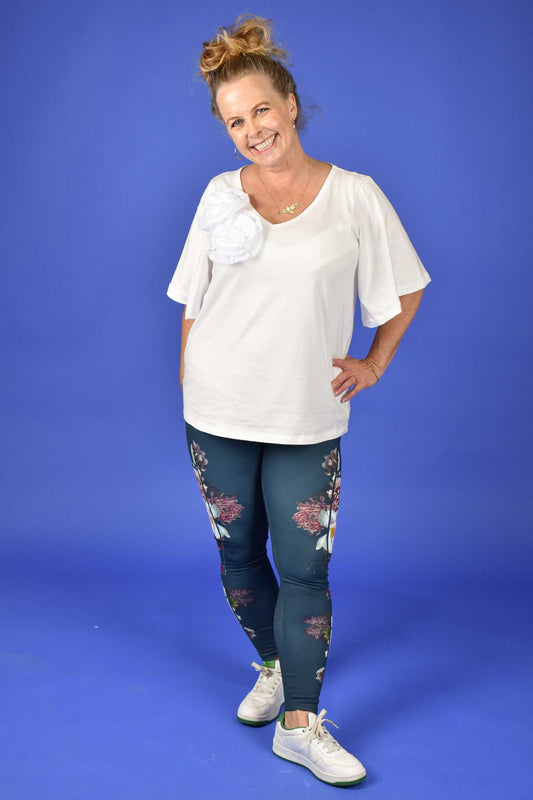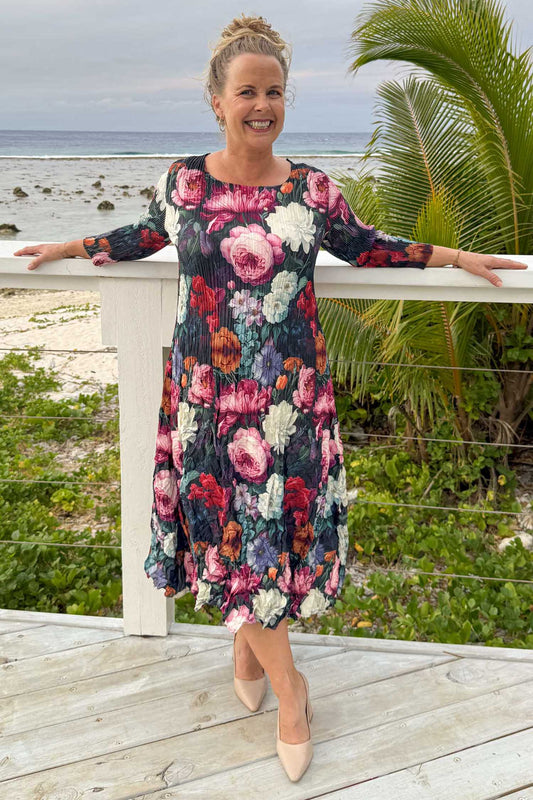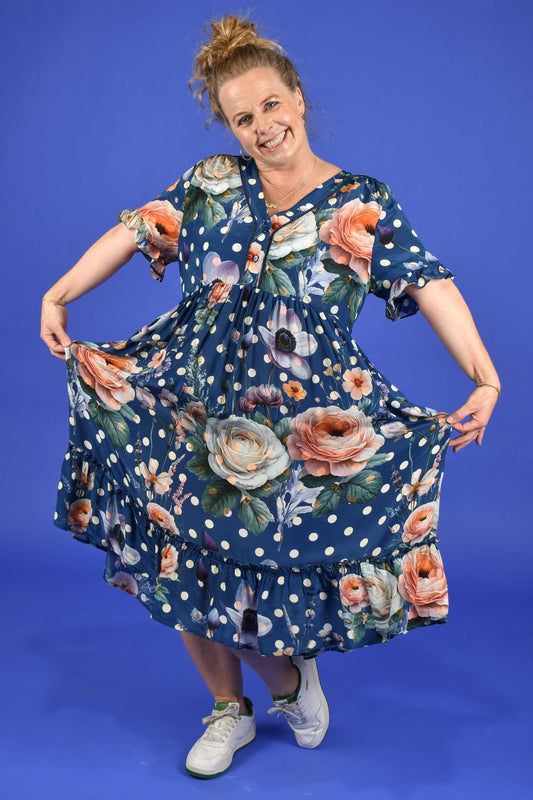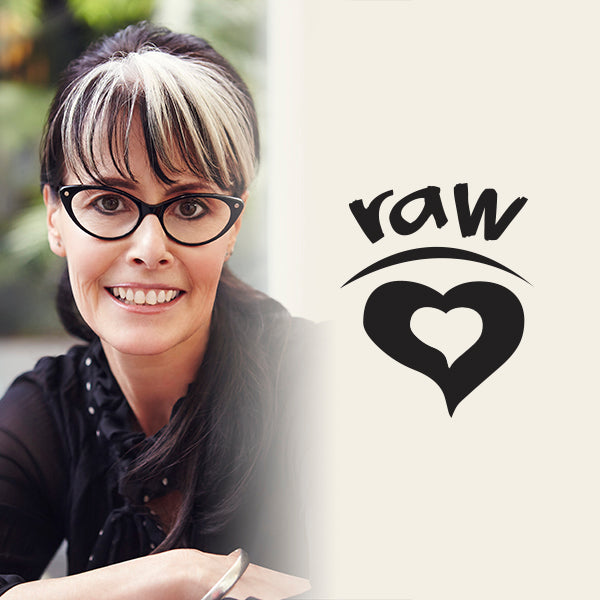
Some of the country's most challenging female offenders are leaving prison without the necessary tools to get a good start.
A report from Reclaim Another Woman (RAW), an organisation that works with female recidivist offenders, found female inmates are leaving prison without the essentials necessary to function effectively in society.
The report, based on interviews with a focus group of female offenders and Corrections staff, said women were leaving prison without things like medication - including contraception - without incoming benefits, bank accounts, CVs, or driver licences.
The report comes at a time when the female prison population is rising rapidly.
In September last year, 800 women were in jail - both remand and sentenced prisoners. This compared with 672 in September 2016, a 19 per cent increase in just 12 months.
In September 2012, only 511 women were behind bars, meaning the female prison population has gone up more than 56 per cent in just five years.
Meanwhile, the total prison population (female and male), has also been rising at its most rapid rate, sitting above 10,500.

RAW founder Annah Stretton said these things were a barrier to these women trying to live a more positive life outside of prison.
Prison often acted as a "circuit breaker" for the repeat offenders, and gave them the chance to change their behaviour and learn useful skills.
However, Corrections was not maximising on that opportunity to properly rehabilitate and reintegrate these women, who frequently had complex issues.
More than 52 per cent have Post Traumatic Stress Disorder, two-thirds of women in prison have been victims of family violence, rape and/or sexual assault; 75 per cent of women in prison have diagnosed mental health problems; and 62 per cent of women have co-morbid mental health and substance disorders across their lifetime.
Māori women were also disproportionately affected, making up 62 per cent of the female prison population.

Stretton said at a time when the female prison population was rising, it was important to not only prevent crime, but also make sure those who were released from prison had a lower chance of reoffending.
The relatively small female population, in relation to the male population, could serve as a pilot for new programmes and services, she said.
Offering adequate rehabilitation and reintegration programmes and services would help achieve that goal.
The RAW report said everyone laving prison should have:
- Basic literacy and numeracy, at least to primary school level
- At least a learner's driver licence
- Have completed a culturally appropriate parenting course
- Have a completed a life skills course, including communications skills, anger management, financial literacy, social drinking, cooking etc
- A completed current CV
- Cleared, remitted fines
- Health clearance and a supply of any medication needed (including contraception), until they can register with a doctor
- A bank account
- If not going into work, a benefit set up to be paid on their week of exit. Some people currently wait up to six weeks for their first benefit payment
Stretton also supported a policy, or law change, which would see more women become eligible for a "clean slate", sooner. A criminal record was a barrier for people who wanted to live a more positive, crime-free life, she said.
This could also act as an incentive for prisoners to not reoffend.
Corrections Minister Kelvin Davis said the Government was focussed on rehabilitation and reintegration programmes for both female and male prisoners.
The Government had promised to cut the prison population by 30 per cent in the next 15 years.
In order to do that, it was considering every possible option, from changing bail and sentencing laws, through to how prisons were built, the services offered inside, and support upon release.
"We're leaving no stone unturned," Davis said, adding he had been holding a number of hui with iwi, as well as meetings with Corrections stakeholders, and in August the Government would run a criminal justice system summit.
The coalition was also working towards providing an extra 1800 police by 2020, in an effort to prevent crime, especially serious offending.
But the prevalence of methamphetamine, and the related social and criminal issues, were a roadblock, Davis said.
It was also important to provide the many women who had mental health issues, or issues relating to abuse and addiction, with the support and healthcare they needed to recover.
Davis said another issue affecting prisoners ready for parole was a lack of suitable housing.
More people were staying in prison for longer because they had nowhere to go, but it is understood the Government would make an announcement relating to extra transitional housing either in Thursday's Budget, or in the coming weeks.












